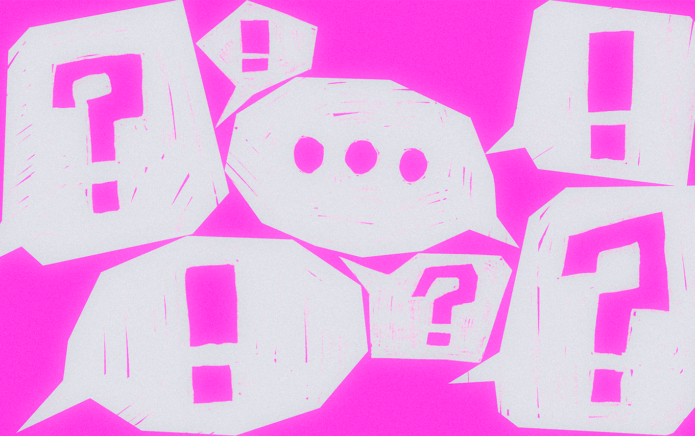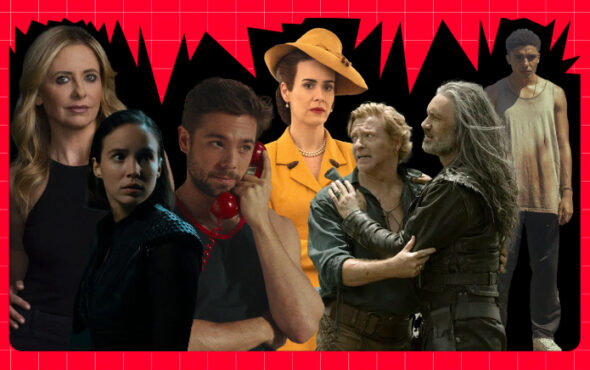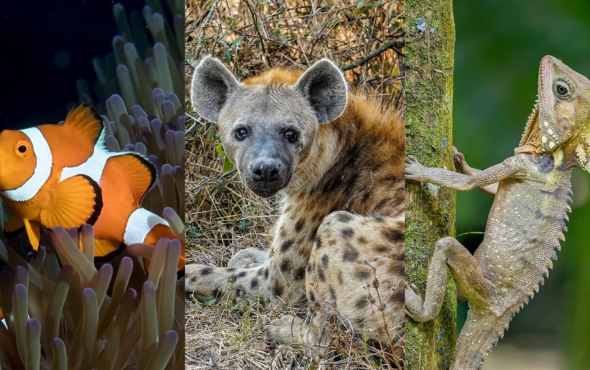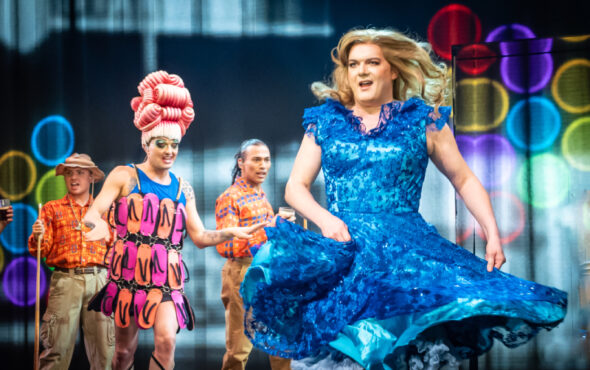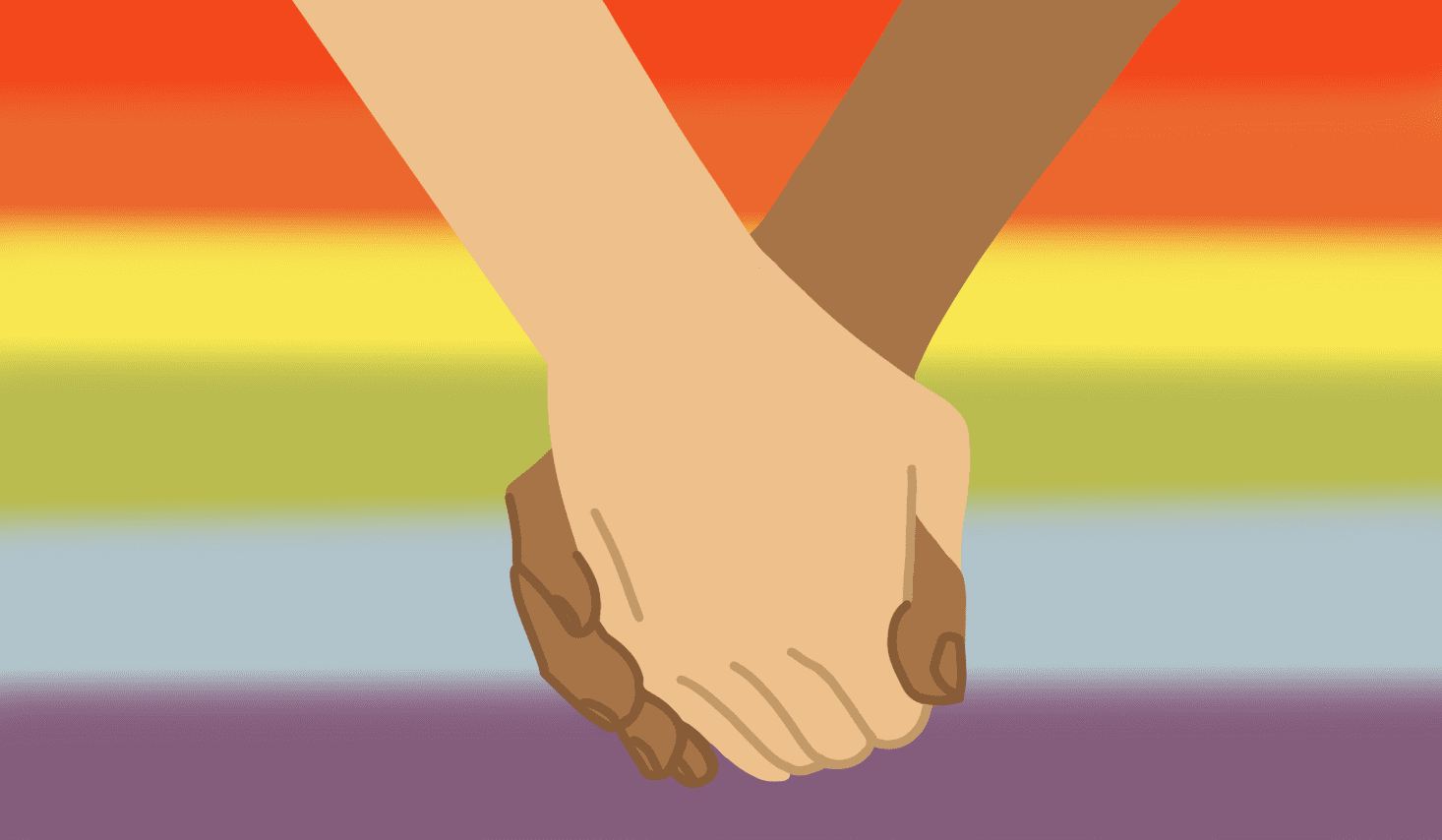
I remember going to one of my first Pride marches in London with a group of friends. I was 15 years old, and after being outed as gay at my school two years prior, I was so excited to feel a sense of belonging and acceptance from people like me.
After going through homophobia in school both before and after being outed, the thought of being surrounded by people who were proudly themselves and unapologetically queer brought me hope that my situation could improve.
As time went on at the parade, I began to feel really overwhelmed and overstimulated. Being autistic, I have sensory processing issues which means that I find it difficult to respond to sensory information (such as sounds, textures and smells).
The crowds, the cheering, the conflicting smells and people brushing past me quickly left me feeling like I was going to have a sensory overload. After trying to collect myself on the side of the road, my head in my hands, hyperventilating, I was wondering how I was meant to interact with other LGBTQ+ people if this is how stressful it would be for me.
Being a young gay person, the traditional spaces where you are taught to interact with other LGBTQ+ people are bars and clubs. These spaces often are inaccessible or overwhelming for disabled people, which automatically excludes a whole section of the community.
This means that a lot of disabled people, myself included, feel as though we can’t participate and access LGBTQ+ spaces and cultures as easily as non-disabled LGBTQ+ people. Many LGBTQ+ societies that I’ve looked into almost completely focus on clubbing or raves, which is my version of sensory purgatory.
Because of this, I’ve always felt like my identity had been split in two – my identity as an autistic person and then as a LGBTQ+ person. This always felt contradictory to me though, as me being autistic alongside being gay informed so much of my overall identity as well as them feeding into each other. For example, I’m a fairly androgynous person and part of this gender presentation stems from my queer identity, but a lot also comes from my sensory issues around clothing traditionally associated with femininity (such as lace, frills and other materials that feel scratchy and awful to me).
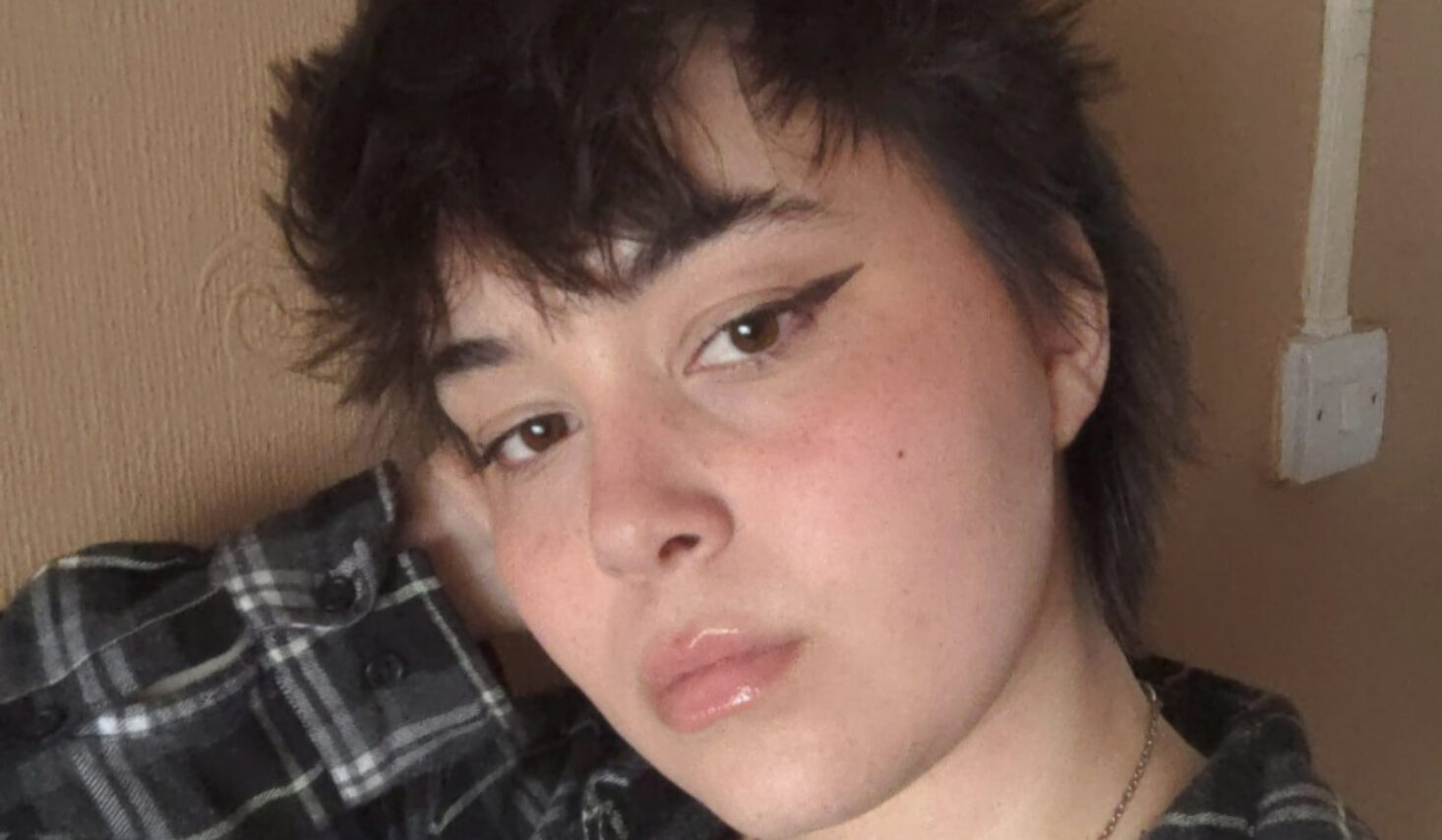
Alongside this, I was stereotyped a lot due to being autistic as well as being gay, as there are so many misconceptions about both, especially autism. I was constantly seen as cold and robotic when I was younger, as well as people saying that I had no empathy or was “diseased” as I was autistic. I also was accused of being “creepy” by other teenagers for being gay, as if being gay meant you fancied everyone.
It was really upsetting to be labelled in such a negative and rude way from such a young age, and I wish there was a better understanding about being LGBTQ+ and about disabilities in general, especially one as common as autism.
Even though so many autistic people identify as LGBTQ+, it feels as though there isn’t a lot of discussion about our position in the community. It often feels like there is little support for us, and I really felt this growing up.
Alongside generally fitting into the community, relationships are inherently difficult for me as I struggle to pick up on flirting and tone of voice. And when I look at resources for autistic people, it’s all targeted towards heternonormative relationships, which are no use to me.
Coming to terms with being both disabled and gay was really stressful and difficult when I was younger. Growing up being autistic, it was really difficult to understand and connect with other people – being gay on top of that was another barrier, as I felt like an outsider in an added way. Even after finding other LGBTQ+ people when I was older, being disabled felt like it was creating some resistance in letting me integrate and connect with the community.
It can definitely be isolating, but it is possible to find your way as a LGBTQ+ autistic person. Seeking out quiet LGBTQ+ spaces and sober spaces really helps – one of my personal favourites being the Gay’s The Word bookshop in London.
I also joined Just Like Us, the LGBTQ+ young people’s charity, on their Ambassador Programme for LGBTQ+ 18 to 25 year olds. Through that, I’ve met lots of other autistic LGBTQ+ people – LGBTQ+ people with all sorts of intersecting identities, in fact – and that has really helped.
Being able to be around other LGBTQ+ people in a space that I feel comfortable in is so freeing and welcoming.
